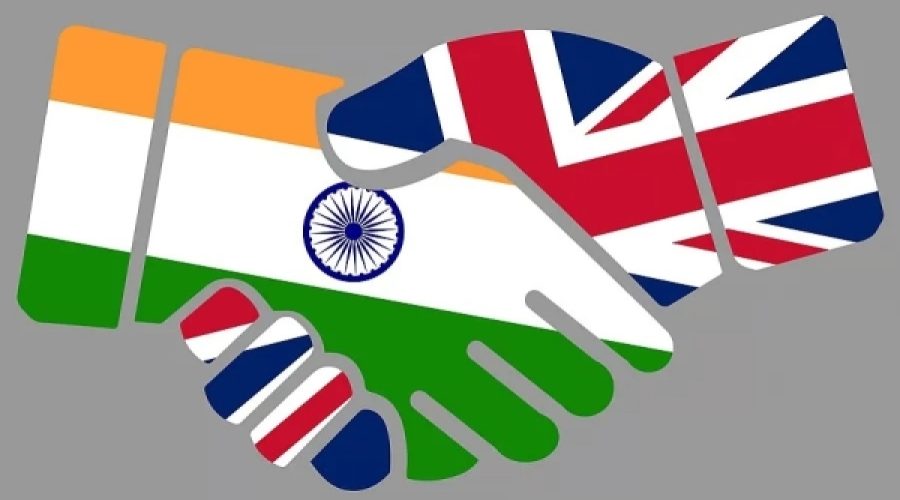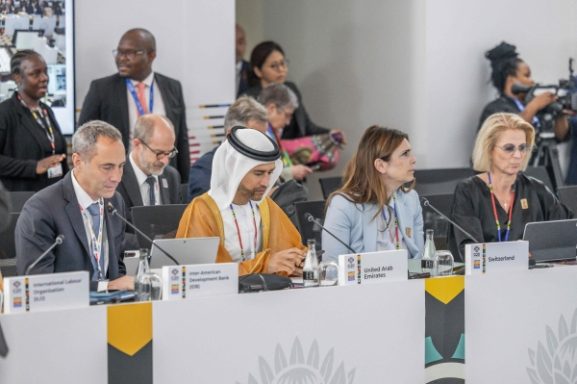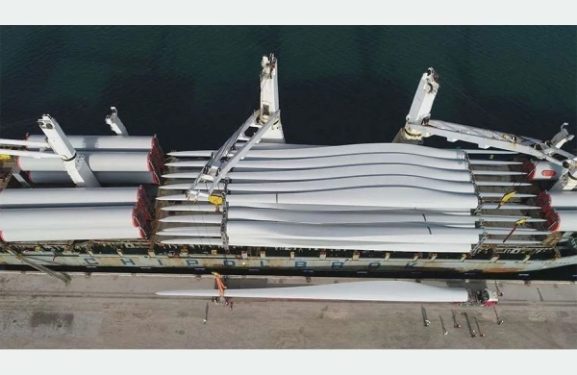UK-India Trade Deal Announcement: Key Implications for Investors and Businesses in Oman
NEW DELHI/LONDON: India and the United Kingdom are poised to finalize a long-anticipated free trade agreement next week, according to two Indian government sources. This deal is set to provide Indian textiles and electric vehicles with duty-free access to the UK market, while also easing British exports of spirits, automobiles, and food products.
In May, both nations announced the conclusion of trade negotiations after three years marked by intermittent discussions, with the goal of enhancing bilateral trade, eliminating obstacles, and permitting duty-free entry of goods.
The formal signing of the agreement is expected to align with Indian Prime Minister Narendra Modi’s anticipated visit to London next week, as one official noted. The trade pact is projected to take effect approximately one year from now, pending approval from both the British parliament and India’s federal cabinet.
Sources who requested anonymity due to the confidential nature of the negotiations stated that "the trade agreement offers a win-win for both countries." One official highlighted that Indian consumers would benefit from reduced prices on Scotch beverages, with import tariffs decreasing from 150 percent to 75 percent immediately, and further down to 40 percent over the next decade.
Regarding the automotive sector, India plans to reduce duties from 100 percent to 10 percent under a quota system that will be gradually liberalized. In exchange, Indian manufacturers are expected to gain access to the UK market for electric and hybrid vehicles, also under a quota arrangement.
India’s commerce ministry has yet to respond to an email request for comment, while Britain’s trade ministry confirmed that both countries are working towards finalizing the deal. A UK government spokesperson stated, "We have been collaborating with India on a landmark trade deal that will benefit British people and businesses."
According to India’s trade ministry, 99 percent of Indian exports to Britain will enjoy zero duty under this agreement, which includes textiles, while the UK anticipates reductions on 90 percent of its tariff lines.
In related news, an Indian trade delegation is in Washington, discussing a potential trade deal with the United States amid escalating trade tensions as President Donald Trump faces the prospect of significantly higher tariffs starting August 1.
Estimates from the British government suggest that by 2030, India’s middle class could reach 60 million individuals and potentially grow to a quarter of a billion by 2050. India’s overall import demand is projected to increase by 144 percent in real terms, reaching $1.88 trillion by 2035 compared to 2021 figures. — Reuters
Special Analysis by Omanet | Navigate Oman’s Market
India and Britain’s impending free trade agreement presents significant opportunities for Omani businesses, particularly in textiles and automotive sectors. With India’s burgeoning middle class and increasing import demand, smart investors and entrepreneurs in Oman should explore partnerships to capitalize on this expanding market, while also being mindful of potential competition from Indian exports. Strategic alignment with emerging trends in trade can position Omani enterprises favorably in the evolving landscape.



